I don’t think I would have messed with Ivy Stranahan. The Mother of Fort Lauderdale lived here at a time when Fort Lauderdale was an outpost, the beach was a country drive away from town and the trading post she and her husband, Frank, ran out of their home on the New River was the equivalent of the Galleria, Publix and Target.
Ivy came to Fort Lauderdale to teach – and she was the one teacher. There were nine kids of varying ages in one room in 1900, 15 years before Fort Lauderdale would separate pupils by age and build a high school. She married Frank Stranahan, an entrepreneur and then civic leader from Ohio, and they ran the business that was popular with local settlers and Seminoles alike. Ivy also continued teaching, including offering schooling to Seminoles at a time when you couldn’t find too many white people who thought that mattered much at all.
This is our community issue, and I love that we include Ivy in it. (Check out Old Lauderdale in the back of the book.) Every city and town has its crucial founders – and frequently, the history books primarily remember the men. While it’s true that Frank played a big role in the place that would become Fort Lauderdale, Ivy worked and advocated for all local people, including those others were less bothered about.
Ivy died in 1971, aged 90; this current city with a skyline is not one she would recognize. But if the size and look of the place has changed, not all of the dynamics have.
Ours is not an old Southern city with old Southern money, and it never has been. When Frank turned up on the banks of the New River a couple decades after the Civil War, he was part of a small group of white settlers reestablishing an outpost that hadn’t existed for half a century or so. Every city has its traditions; Northerners looking to make a buck, and then sticking around, is one of ours. This is why any two Fort Lauderdale natives, upon meeting each other and finding out they were both born here, are seemingly duty bound to comment on how it’s nice to meet another one. I like my community, and one of the things I like about it is how being a native, as I am, can sometimes feel like a novelty.
That dynamic sometimes makes for an odd, fractious sort of community. But there’s also a beauty in that. Ivy Stranahan did not seek to make everybody the same. She met people where they were, and offered them what she could. She advocated for people whose lives she could not necessarily understand. We could all use a little of that.



